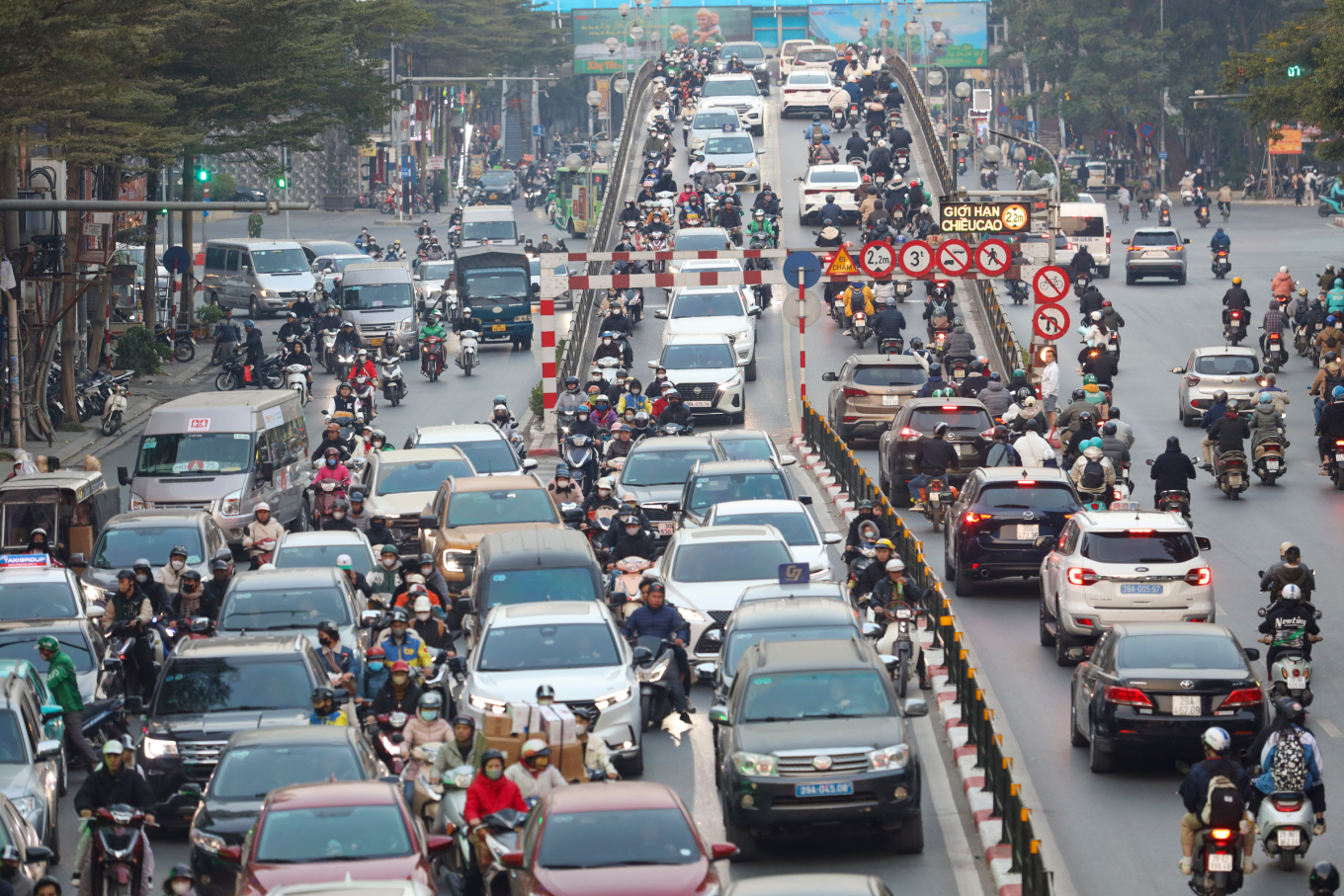Under Resolution 70 on ensuring national energy security to 2030 with a vision to 2045, Vietnam aims to achieve 8-10% energy savings and reduce greenhouse gas emissions by 15-35% compared to the business-as-usual scenario by 2030. These energy savings will reduce pressure on the national grid, promote efficient resource utilization, and contribute to Vietnam's emission reduction goals, aligning with its commitment to Net Zero emissions by 2050.
To achieve this, the politburo is accelerating the national program on economical and efficient energy use to 2030. Mandatory energy saving targets will be specified for each sector, field, and locality.
Technical standards and regulations on energy efficiency will be implemented for equipment, machinery, vehicles, and construction projects. This is to gradually phase out low energy efficiency and high emission equipment, machinery, and vehicles.
The specification of standards, expansion of applicable subjects, and mandatory sanctions in Resolution 70 demonstrates a decentralization of responsibility compared to Resolution 55/2020.
 |
Traffic on the streets of Hanoi, 1/2025. Photo: Ngoc Thanh |
Traffic on the streets of Hanoi, 1/2025. Photo: Ngoc Thanh
Previously, under Resolution 55/2020, energy standards only applied to sectors and products with high energy consumption, such as iron, steel, and cement production. For vehicles, the previous policy only encouraged the use of electric vehicles.
In accordance with the Law amending and supplementing some articles of the Law on Economical and Efficient Use of Energy, energy saving has been considered a target in local and national socio-economic development plans since 2026.
Policies for energy saving in industrial production, transportation, construction materials, and buildings are being developed by various ministries and sectors. For instance, car and motorbike manufacturers must disclose fuel consumption rates and apply energy labels before selling their products.
Similarly, the Ministry of Agriculture and Environment is drafting emission standards and a roadmap for their implementation for these vehicles. Emission testing is expected to begin on 1/7/2027 in Hanoi and Ho Chi Minh City, requiring vehicles manufactured before 2008 (motorbikes) and 1999 (cars) to meet Level 1 standards.
For buildings, the Ministry of Industry and Trade plans to stipulate that projects with an energy consumption of around 200-300 TOE (tons of oil equivalent) per year must implement energy saving solutions.
In addition to applying technical standards, the politburo encourages businesses to invest in new, high-efficiency technologies; attract private and foreign investment; and address obstacles to utilize official development assistance (ODA), particularly funding within the Just Energy Transition Partnership (JETP) framework.
Regarding finance, the government is researching and establishing a sustainable energy development fund to promote energy saving, efficiency, and environmental protection, as well as increasing socialization and supporting businesses in producing and using clean energy.
Thuy Truong












